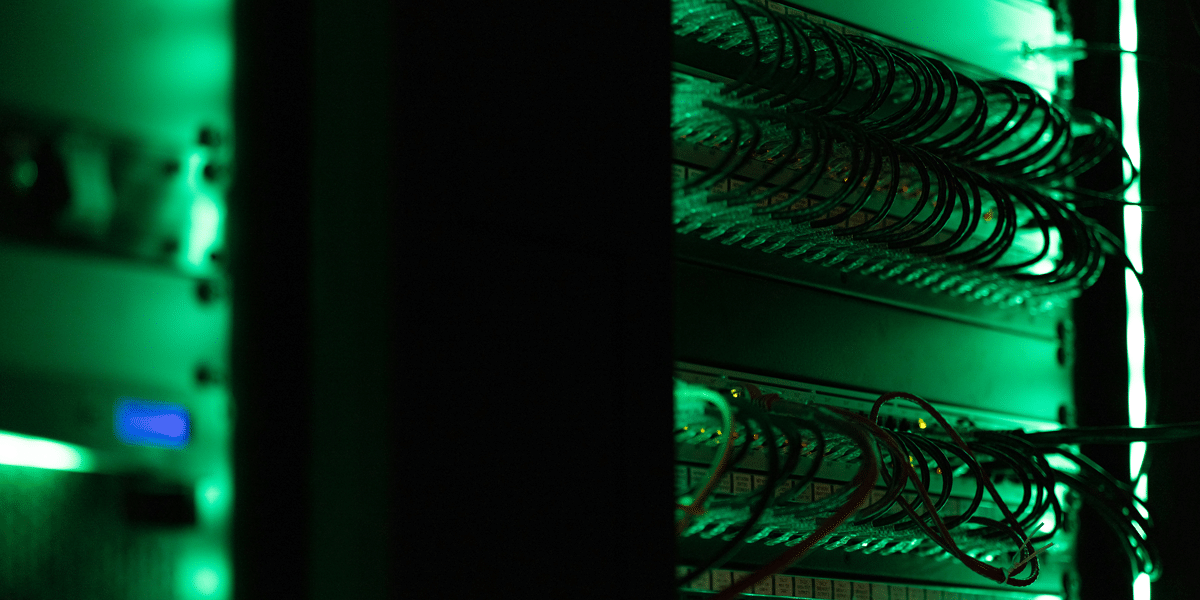
The ethics of AI’s untaxed future
Opinion + AnalysisScience + TechnologyBusiness + Leadership
BY Dia Bianca Lao 24 NOV 2025
“If a human worker does $50,000 worth of work in a factory, that income is taxed. If a robot comes in to do the same thing, you’d think we’d tax the robot at a similar level,” Bill Gates famously said. His call raises an urgent ethical question now facing Australia: When AI replaces human labour, who pays for the social cost?
As AI becomes a cheaper alternative to human labour, the question is no longer if it will dramatically reshape the workforce, but how quickly, and whether the nation’s labour market can adapt in time.
New technology always seems like the stuff of science fiction until its seamless transition from novelty to necessity. Today AI is past its infancy and is now shaping real-world industries. The simultaneous emergence of its diverse use cases and the maturing of automation technology underscores how rapidly it’s evolving, transforming this threat into reality sooner than we think.
Historically, automation tended to focus on routine physical tasks, but today’s frontier extends into cognitive domains. Unlike past innovations that still relied on human oversight, the autonomous nature of emerging technologies threatens to make human labour obsolete with its broader capabilities.
While history shows that technological revolutions have ultimately improved output, productivity, and wages in the long-term, the present wave may prove more disruptive than those before. In 2017, Bill Gates foresaw this looming paradigm shift and famously argued for companies to pay a ‘robot tax’ to moderate the pace at which AI impacts human jobs and help fund other employment types.
Without any formal measures, the costs of AI-driven displacement will likely mostly fall on workers and society, while companies reap the benefits with little accountability.
According to the World Economic Forum, while AI is predicted to create 69 million new jobs, 83 million existing jobs may be phased out by 2027, resulting in a net decrease of 14 million jobs or approximately 2% of current employment. They also projected that 23% of jobs globally will evolve in the next five years, driven by advancements in technology. While the full impact is not yet visible in official employment statistics, the shift toward reducing reliance on human labour through automation and AI is already underway, with entry-level roles and jobs involving logistics, manufacturing, admin, and customer service being the most impacted.
For example, Aurora’s self-driving trucks are officially making regular roundtrips on public roads delivering time- and temperature-sensitive freight in the U.S., while Meituan is making drone deliveries increasingly common in China’s major cities. We now live in a world where you can get your boba milk tea delivered by a drone in less than 20 minutes in places like Shenzhen. Meanwhile in Australia, Rio Tinto has also deployed fully autonomous trains and autonomous haul trucks across its Pilbara iron ore mines, increasing operational time and contributing to a 15% reduction in operating costs.
Companies have already begun recalibrating their workforce, and there is no stopping this train. In the past 12 months, CBA and Bankwest have cut hundreds of jobs across various departments despite rising profits. Forty-five of these roles were replaced by an AI chatbot handling customer queries, while the permanent closure of all Bankwest branches has seen the bank transition to a digital bank, with no intention of bringing back the lost positions. While some argue that redeployment opportunities exist or new jobs might emerge, details remain vague.
Is it possible to fully automate an economy and eliminate the need for jobs? Elon Musk certainly thinks so. It’s no wonder that a growing number of tech elite are investing heavily to replace human labour with AI. From copywriting to coding, AI has proven its versatility in speeding up productivity in all aspects of our lives. Its potential for accelerating innovation, improving living standards and economic growth is unparalleled, but at what cost?
What counts as good for the economy has historically benefited a select few, with technology frequently being a catalyst for this dynamic. For example, the benefits of the Industrial Revolution, including the creation of new industries and increased productivity, were initially concentrated in the hands of those who owned the machinery and capital, while the widespread benefits trickled down later. Without ethical frameworks in place, AI is positioned to compound this inequality.
Some proposals argue that if we make taxes on human labour cheaper while increasing taxes on AI machines and tools, this could encourage companies to view AI as complementary instead of a replacement for human workers. This levy could be a means for governments to distribute AI’s socioeconomic impacts more fairly, potentially funding retraining or income support for displaced workers.
If a robot tax is such a good idea, then why did the European Parliament reject it? Many argue that taxing productivity tools could hinder competitiveness. Without global coordination to implement this, if one country taxes AI and others don’t, it may create an uneven playing field and stifle innovation. How would policymakers even define how companies would qualify for this levy or measure how much to tax, when it’s hard to attribute profits derived from AI? Unlike human workers’ earnings, taxing AI isn’t as straightforward.
The challenge of developing policies that incentivise innovation while ensuring that its benefits and burdens are shared responsibly across society persists. The government’s focus on retraining and upskilling workers to help with this transition is a good start, but they cannot address all the challenges of automation fast enough. Relying solely on these programs risk overlooking structural inequities, such as the disproportionate impact on lower-income or older workers in certain industries, and long-term displacement, where entire job categories may vanish faster than workers can be retrained.
Our fiscal policies should adapt to the evolving economic landscape to help smooth this shift and fund social safety nets. A reduction in human labour’s share in production will significantly impact government revenue unless new measures of taxing capital are introduced.
While a blanket “robot tax” is impractical at this stage, incremental changes to existing taxation policies to target sectors that are most vulnerable to disruption is a possibility. Ideally, policies should distinguish the treatment between technologies that substitute for human labour, and those that complement them, to only disincentivise the former. While this distinction can be challenging, it offers a way to slow down job displacement, giving workers and welfare systems more time to adapt and generate revenue to help with the transition without hindering productivity.
As Microsoft’s CEO Satya Nadella warns, “With this empowerment comes greater human responsibility — all of us who build, deploy, and use AI have a collective obligation to do so responsibly and safely, so AI evolves in alignment with our social, cultural, and legal norms. We have to take the unintended consequences of any new technology along with all the benefits, and think about them simultaneously.”
The challenge in integrating AI more equitably into the economy is ensuring that its broad societal benefits are amplified, while reducing its unintended negative consequences. AI has the potential to fundamentally accelerate innovation for public good but only if progress is tied to equitable frameworks and its ethical adoption.
Australia already regulates specific harms of AI, protecting privacy and personal information through the Privacy Act 1988 and addressing bias through the Australian Privacy Principles (APPs). These examples show that targeted regulation is possible. However, the next step should include ethical guardrails for AI-driven job displacement, such as exploring more equitable taxation, redistribution policies, and accountability frameworks before it’s too late. This transformation will require joint collaboration from governments, companies, and global organisations to collectively build a resilient and inclusive AI-powered future.
The ethics of AI’s untaxed future by Dia Bianca Lao is one of the Highly Commended essays in our Young Writers’ 2025 Competition. Find out more about the competition here.

BY Dia Bianca Lao
Dia Bianca Lao is a marketer by trade but a writer at heart, with a passion for exploring how ethics, communication, and culture shape society. Through writing, she seeks to make sense of complexity and spark thoughtful dialogue.
Ethics in your inbox.
Get the latest inspiration, intelligence, events & more.
By signing up you agree to our privacy policy
You might be interested in…
Opinion + Analysis
Business + Leadership
The pivot: ‘I think I’ve been offered a bribe’
Opinion + Analysis
Business + Leadership
Sylvie Barbier and Rufus Pollock on failure and fostering a wiser culture
Opinion + Analysis
Business + Leadership
Is it fair to expect Australian banks to reimburse us if we’ve been scammed?
Opinion + Analysis
Science + Technology




